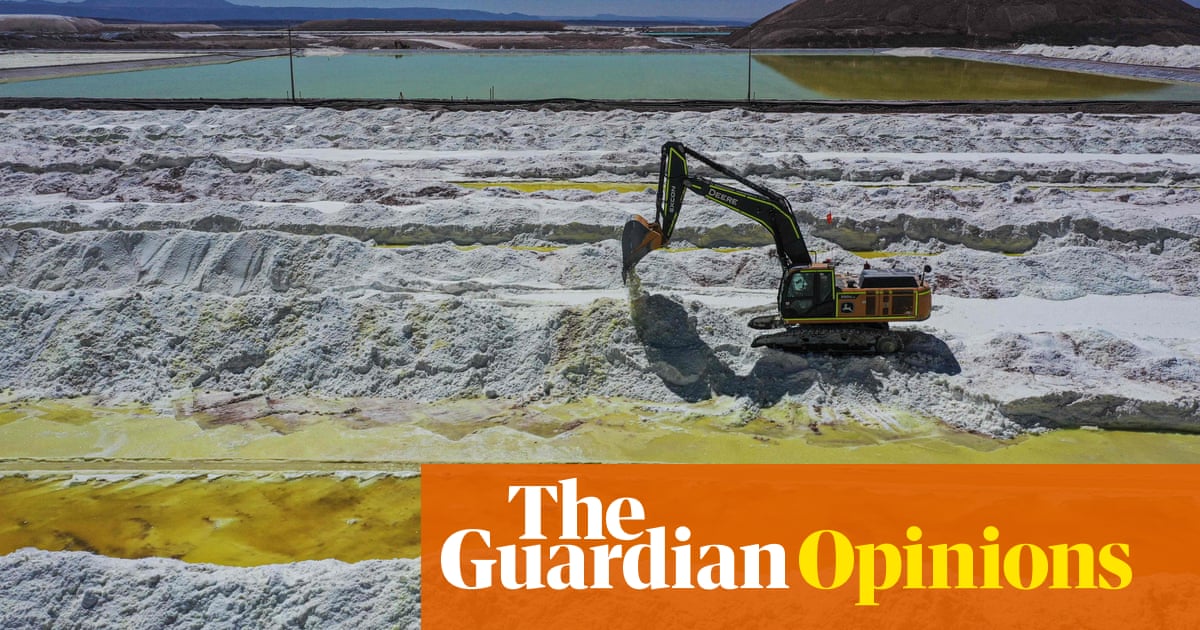Despite its name, the infrastructure used by the “cloud” accounts for more global greenhouse emissions than commercial flights. In 2018, for instance, the 5bn YouTube hits for the viral song Despacito used the same amount of energy it would take to heat 40,000 US homes annually.
Large language models such as ChatGPT are some of the most energy-guzzling technologies of all. Research suggests, for instance, that about 700,000 litres of water could have been used to cool the machines that trained ChatGPT-3 at Microsoft’s data facilities.
Additionally, as these companies aim to reduce their reliance on fossil fuels, they may opt to base their datacentres in regions with cheaper electricity, such as the southern US, potentially exacerbating water consumption issues in drier parts of the world.
Furthermore, while minerals such as lithium and cobalt are most commonly associated with batteries in the motor sector, they are also crucial for the batteries used in datacentres. The extraction process often involves significant water usage and can lead to pollution, undermining water security. The extraction of these minerals are also often linked to human rights violations and poor labour standards. Trying to achieve one climate goal of limiting our dependence on fossil fuels can compromise another goal, of ensuring everyone has a safe and accessible water supply.
Moreover, when significant energy resources are allocated to tech-related endeavours, it can lead to energy shortages for essential needs such as residential power supply. Recent data from the UK shows that the country’s outdated electricity network is holding back affordable housing projects.
In other words, policy needs to be designed not to pick sectors or technologies as “winners”, but to pick the willing by providing support that is conditional on companies moving in the right direction. Making disclosure of environmental practices and impacts a condition for government support could ensure greater transparency and accountability.



tbh if you’re worried about fiat currency, you shouldn’t be investing in crypto currency (which is even more volatile imo) but instead in real, physical assets (such as food and housing).
Then again, i believe that the big problems can only be solved by repairing the society as a whole. Investing in your own wealth, imo, isn’t worth it. But your choice is yours.
Almost nobody who has ever purchased bitcoin and held onto it until now has lost anything*. This is not the case for ANY fiat currency on earth. There is a very good reason that so many people are flocking to it as a store of value. Holding value in real estate is a good idea, but most food loses its value even faster than the worst fiat currencies.
*The exception here is a small handful that happened to have purchased only in the last few weeks, and they have only lost about 1% of their value.
That part of your argument is doing a lot of heavy lifting.
Not that heavy - this is much more than can be said of any fiat currency. Especially the ones that are in rapid collapse compared to the main players, like USD or EUR. A currency that can hold value is the difference of being able to feed your family or not for a lot of people.
Oh it’s you. Enjoy your weekend.
Thanks! You too!